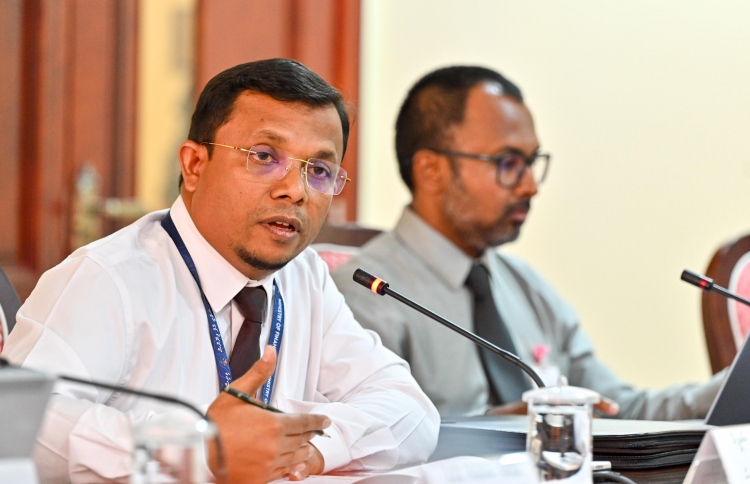The Maldives government on Thursday, announced important reforms for indirect and direct taxes, aiming to improve the country’s fiscal sustainability.
In the Medium-Term Revenue Strategy, the Ministry of Finance noted that given the current revenue to Nominal GDP ratio of 32.5% (2023), the target is to reach and maintain a revenue to Nominal GDP ratio of 35.5% by 2028.

With this strategy, the government aims to improve fiscal sustainability and self-sufficiency in line with the principles in Fiscal Responsibility Act; enhance public welfare, economic competitiveness, and climate resilience; increase tax neutrality and strengthen progressivity of the tax system.
Towards this end, the ministry in the strategic plan proposed policy reforms for indirect and direct taxes, which include broadening the GST base, formulate an excise tax regime, along with reviewing of GST rates, export duty and green tax regimes, and airport taxes and fees.
For direct taxes, the government has proposed to improve revenue capacity, neutrality, and progressivity of income tax, and formulate a presumptive tax regime.
The strategic plan includes formulation of an infrastructure fee, reviewing tourism land rent regime, and monetization of carbon credits.
For cross-cutting measures, the government has proposed plans to limit authority to grant discretionary tax expenditures, and mandate regular inclusion of tax expenditure cost-benefit analysis into the budgetary process.
Administrative Reform
Under this component, the strategic plan involves reforms proposed to the Maldives Inland Revenue Authority (MIRA) operations; including strengthening of compliance risk management (CRM), workforce development, and institutional strengthening and reform.
Similarly for Maldives Customs Service, the plan involves strengthening risk-based approaches, workforce development, and institutional strengthening and reform as well.
Legal Reform
The medium-term strategic plan involves crucial legal reforms in the short-term, including the formulation of a consultation process for legislative reforms, modernizing the GST Act, and reviewing the ITA to address implementation challenges.
Besides this, the plan also involves legislation for mandatory annual tax expenditure statements, reviewing the Special Economic Zones (SEZ) Act, Airport Taxes and Fees Act, and the Tourism Act as well. Additionally, the legal reforms also cover a revision of the GRT rates, and formulating an Excise Tax Act and regulation.
The medium-term legal reforms include reviewing the Tax Administration Act, and the Income Tax Act as well. Moreover, the state intends to amend legislation to introduce a Presumptive Tax Regime.


